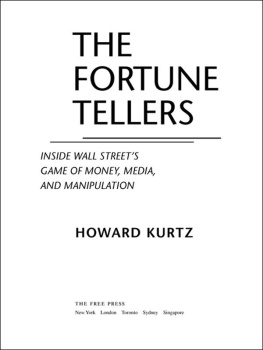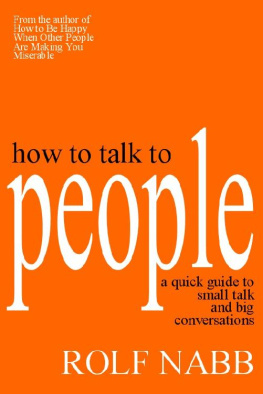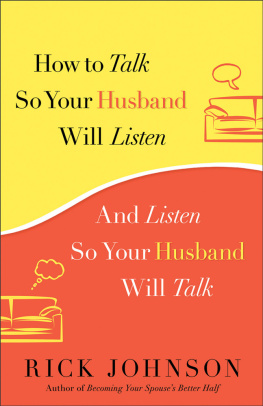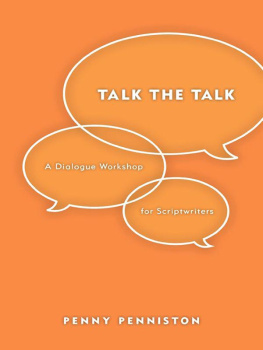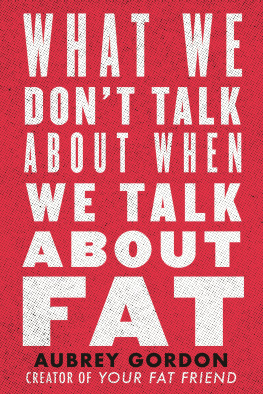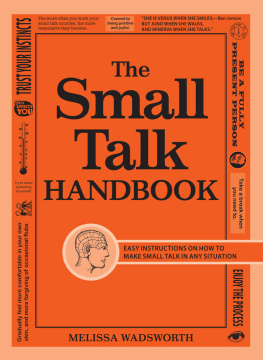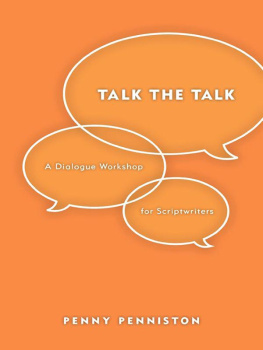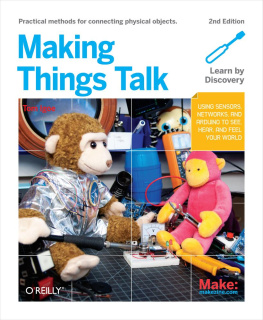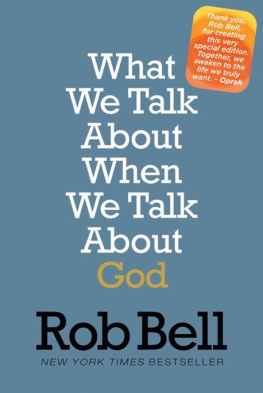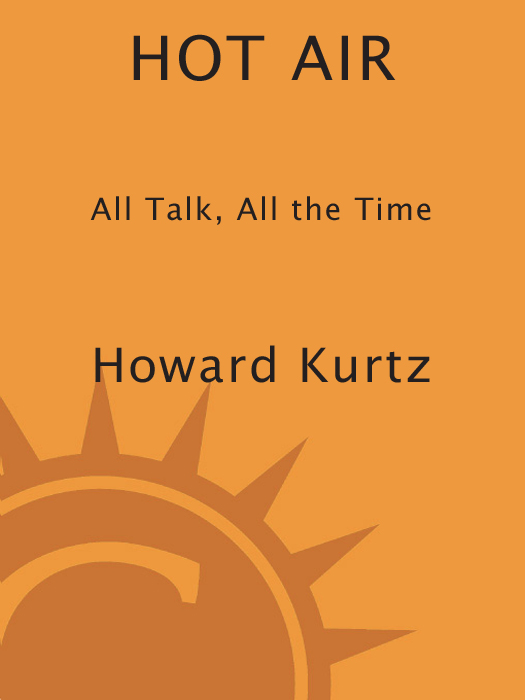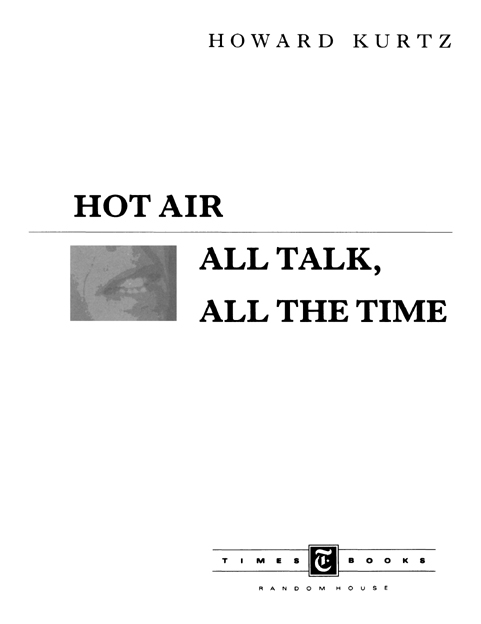Also by Howard Kurtz
Media Circus:
The Trouble with Americas Newspapers
Copyright 1996 by Howard Kurtz
All rights reserved under International and Pan-American Copyright Conventions. Published in the United States by Times Books, a division of Random House, Inc., New York and simultaneously in Canada by Random House of Canada Limited, Toronto.
eISBN: 978-0-307-81547-7
v3.1
To Lenny Kurtz,
who taught me how to talk,
and Marcia Kurtz,
who taught me how to listen
ACKNOWLEDGMENTS
I am indebted to Peter Osnos, the publisher of Times Books, who grew excited about this project after eight or nine seconds, and to my editor, Jonathan Karp, who provided a steady stream of valuable suggestions. My thanks as well to all the people in television and radio who generously made time for interviews, and particularly to those programs that allowed me an unusual degree of behind-the-scenes access. Id also like to thank my colleagues at The Washington Post who assisted me with the stories that gave rise to this effort. Most of all, Im grateful to Mary, Judy, and Bonnie for putting up with me once again during the writing of this book.
CONTENTS
ONE
The Talkathon Culture
TWO
The Art of The Blurt
THREE
Daytime Dysfunction
FOUR
The King of Schmooze
FIVE
Caught in the Crossfire
SIX
Toe to Toe with Ted
SEVEN
Video Vrit
EIGHT
Sunday Ritual
NINE
Talking for Dollars
TEN
The Rush Hour
ELEVEN
Radio Rebels
TWELVE
The Influence Game
THIRTEEN
Blurring the Lines
FOURTEEN
A Personal Odyssey
FIFTEEN
The Future of Talk
CHAPTER ONE
THE TALKATHON CULTURE
A merica is awash in talk. Loud talk. Angry talk. Conspiratorial talk. Raunchy talk, smug talk, self-serving talk, funny talk, rumor-mongering talk. A cacophony of chat fills the airwaves from coast to coast, from dawn to dusk and beyond, all talk all the time.
The richest and most prominent talkers include a wide assortment of pundits, commentators, experts, hacks, and hucksters, some of them cloaked in the thinnest journalistic garb. They analyze, interpret, elucidate, expound, pontificate, and predict, an unprecedented barrage of blather and bluster that has dramatically ratcheted up the noise level of political debate.
But many of the talkers are ordinary Americans, aggrieved, frustrated, flooding the switchboards of television and radio studios to register their dissent. Gradually, with little warning, this has produced a high-decibel revolution in the way we communicate with each other and with our leaders. We have become a talk show nation, pulsating with opinions that are channeled through hosts and reverberate through the vast echo chamber of the airwaves.
The Old Mediathe big newspapers, magazines, and network newscastsstill cling to some vestige of objectivity, the traditional notion that information must be checked and verified and balanced with opposing views before it can be disseminated to the public. But the talk shows revel in their one-sided pugnacity, spreading wild theories, delicious gossip, and angry denunciations with gleeful abandon. Anyone can say anything at any time with little fear of contradiction. It is raw, it is real, and it is immensely popular. The gatekeepers of the elite media have been cast aside and the floodgates thrown open.
There is, however, a price to be paid for this unending marathon of talk. As the talk show culture has exploded, the national conversation has been coarsened, cheapened, reduced to name-calling and finger-pointing and bumper-sticker sloganeering. Television has little time for context, subtlety, or caveats. Seat-of-the-pants judgmentsup or down, yes or no, who won and who lost and who committed the outrage of the weekhave become a driving force behind the shrill and often mean-spirited politics of the 1990s.
Outlandish opinion-mongers on the left and right tend to drown out everyone else. Extremism in the pursuit of ratings is no vice. The middle ground, the sensible center, is dismissed as too squishy, too dull, too likely to send the audience channel surfing. Rhetoric heats up and consensus melts away. There was a time when Jane, you ignorant slut! was a great late-night gag; now the parody cuts uncomfortably close to reality. The whole point of the talk show business is not so much to persuade as to posture, to slam-dunk opponents and to build audience share.
Lets face it: Talk is cheap. The armchair warriors defuse world crises, wipe out budget deficits, and solve the welfare mess, all before the commercial break: And its all make-believe. They dont have to build coalitions or crunch numbers or live with the consequences of their errors. If they screw up, theres always next weeks show to test-drive new theories.
With so many talkers talking around the clock, the news cycle is permanently stuck on fast-forward. Events are chewed over as they unfold, snap judgments race by in a blur, conventional wisdom hardens like so much ready-mix cement. Quick: Did Bill Clinton do the right thing or fall on his face? Will the Republicans gain the upper hand next week? On a scale of zero to ten, what are the chances that Congress will solve the health care crisis? Balance the budget? Find a cure for cancer? Complicated national and international issues are tossed into this journalistic Cuisinart and churned into high-speed pronouncements.
When Clinton ordered a bombing strike against Iraq in 1993, White House officials were stunned to see the pundits on The Capital Gang debating the political fallout even before the administration knew whether the bombs had landed. The talk had preempted the action itself. It is a dizzying process that provokes and titillates and entertains but, with some exceptions, rarely illuminates. And this mentality is increasingly spreading to print journalism, as exemplified by Newsweeks Conventional Wisdom Watch and Times Winners and Losers column.
This is bad news for journalism, but more important, its frequently bad for the country. The talk culture affects the business of governance in insidious ways. After the Sunday talk shows, senior White House advisersGeorge Stephanopoulos, James Carville, Paul Begalaget on the phone and assess whether the administration did well or got creamed that morning. Politicians of every persuasion grow obsessed with winning the week, as reflected by the scorecard mentality of the weekend shows. Short-term maneuvering becomes more important than long-term policy. The political effort to sell an initiative on the talk circuit begins to overshadow the substance of the proposal itself. The talk show environment has given us a talk show government, presided over at the moment by the talkiest president of modern times. Journalists and politicians jabber at each other while the country slowly sinks into a morass of social and economic problems. The spectacle has fueled the cynicism of an electorate that sees the yawning chasm between this unceasing talk and the lack of tangible progress in their daily lives.


